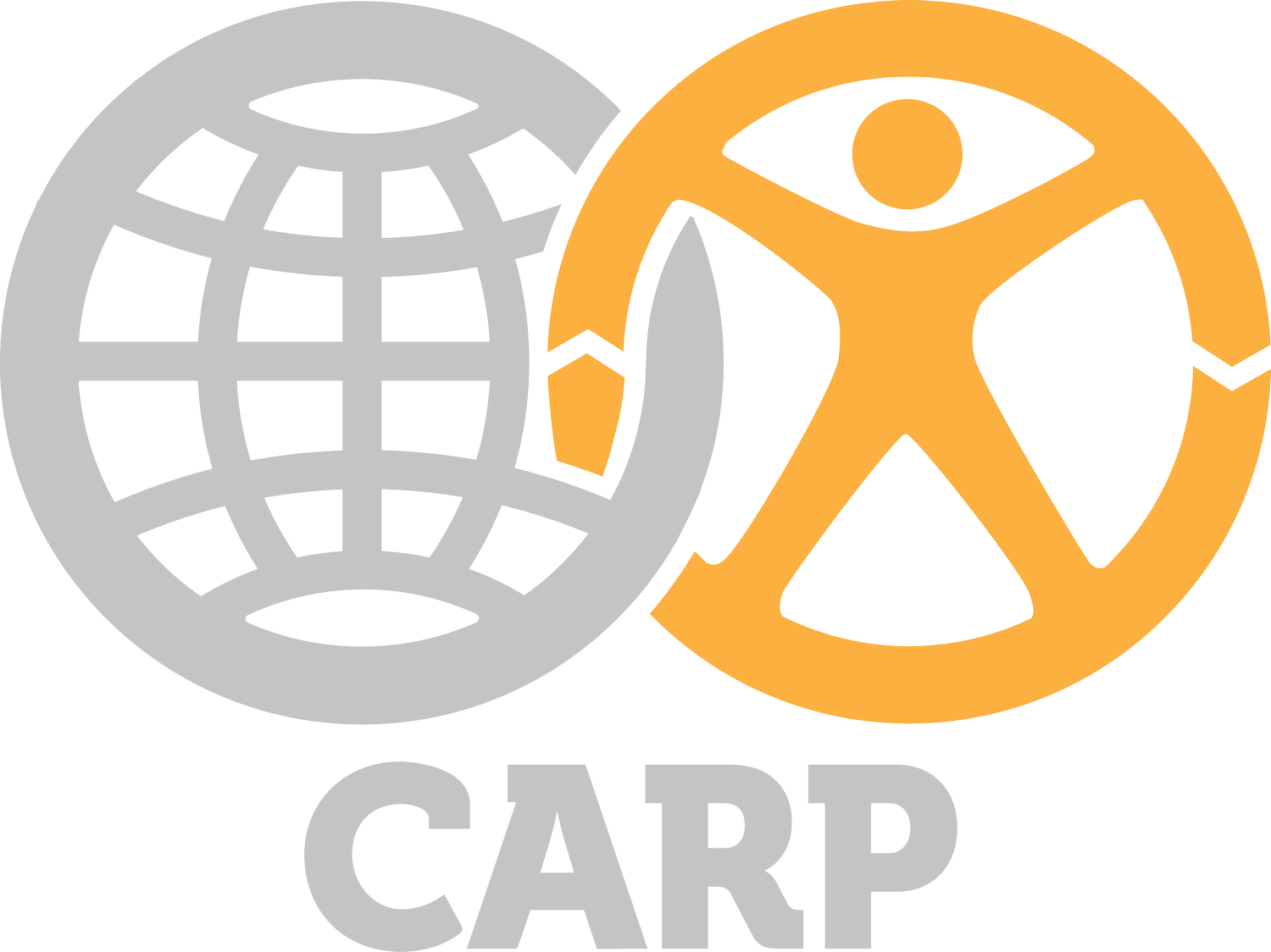Written by Katya Beebe
Nelson Mandela once said that “education is the most powerful weapon we have to change the world.” At CARP, principled education gives an extra edge, helping us practically achieve a powerful education beyond just books. Since students are preparing their own papers right now, here’s an academic perspective on one of CARP’s principles, “we mature through pursuing truth, beauty, and goodness.” First, we look at what it means to pursue truth.
TRUTH – “a statement or idea that is true or accepted as true”
Truth leads to reason. And reason is our capacity to use logic to make sense of things. There are two kinds of truths we need to pursue to develop a holistic reasoning: scientific truth and spiritual truth. The study of any discipline or phenomenon requires an understanding of the rational and irrational, the common sense and the nonsense, the mainstream and the radical.
Scientific Truth
From the field of physical sciences to the study of human behavior, we apply logic using the scientific method to draw out the possible facts that are tested and accepted as true facts (if the tests run well).
Our schools, colleges, and universities provide a myriad of instruction on how to conduct scientific inquiry which prepares us to understand the physical world.
These are important pursuits of truth we can use to understand how physical systems function and how they can be improved through scientific problem-solving. Scientific truth typically involves accepted norms that equip us with tested and proven knowledge.
As a student of International Relations, you can imagine I had to dissect the inner workings of political systems and economic worldviews and the impact on global issues. One case study after another indoctrinated me with real-world scenarios in which these systems and worldviews were played out on the domestic and international stage.
I could then identify the difference between neoliberal globalism and populist nationalism, the economic theories of Keynes and Hayek, and the social impact from an authoritarian regime and a democratic system of government. These were a necessary scientific foundation for a career in international relations.
Spiritual Truth
However, our world cannot easily be understood by scientific truth alone. Irrational behaviors of the world today, such as war, terrorism, poverty and more, cannot always be explained by scientific logic. Our biased perceptions and perspectives help shape the reality we experience.
The pursuit of spiritual truth refers to our understanding of the invisible perspectives embodied in ethical virtues and moral excellence. Sometimes, the pursuit of ethics and morals might not make rational sense in a hard-lined scientific worldview; but it is essential in challenging existing norms and improving the world through spiritual problem-solving.
In my studies, I sought to recognize the moral responsibility behind public policy choices and the ethical standard of each political system and economic worldview. I conducted spiritual problem-solving as I approached current events and interpreted world events from a personal moral or ethical standpoint rather than simply from a systematic scientific standpoint.
Here I am making a heart with Nobel Peace Prize winner, Leymah Gbowee, during a presentation at Seton Hall University.
Holistic Truth
Both sets of truths lead to a wealth of reason.
Both fulfill a function in solving issues at home and abroad.
Both allow us to develop into mature human beings capable of dynamic action.
TRY IT: In your studies, seek to understand both sides of the coin – the rational and the irrational – and apply both truths to understand the world. Marrying my knowledge of systems with my own perspective of morals and ethics allowed me to think more innovatively in my field where I can offer personal holistic ideas and solutions.
Stay tuned to part 2 & 3 of the series where Katya delves into the areas of beauty and goodness as avenues to develop our maturity.




